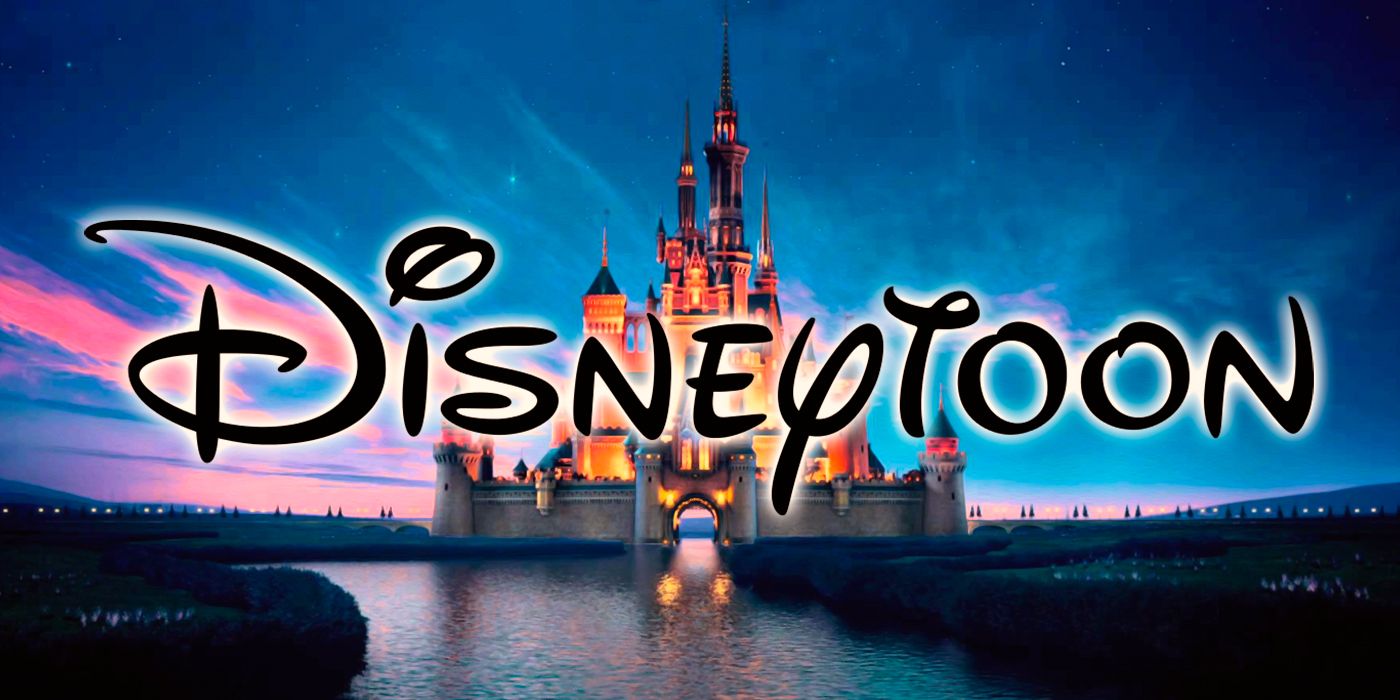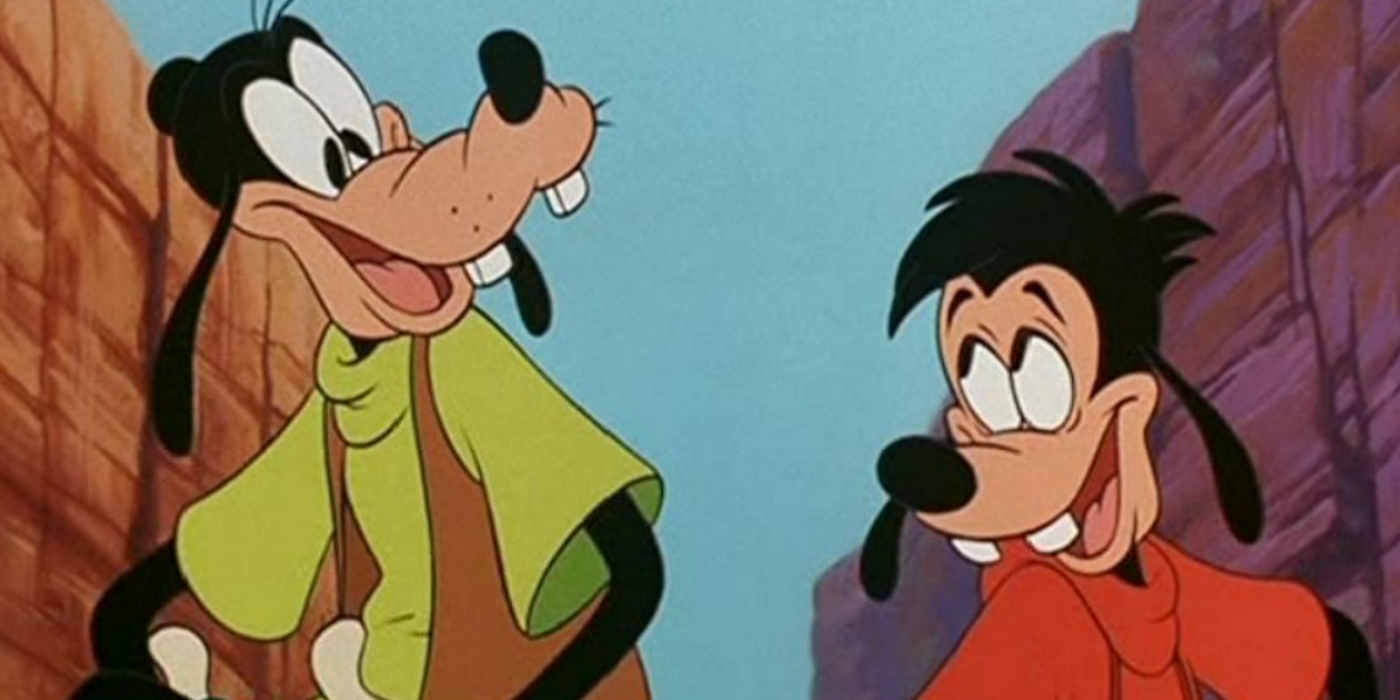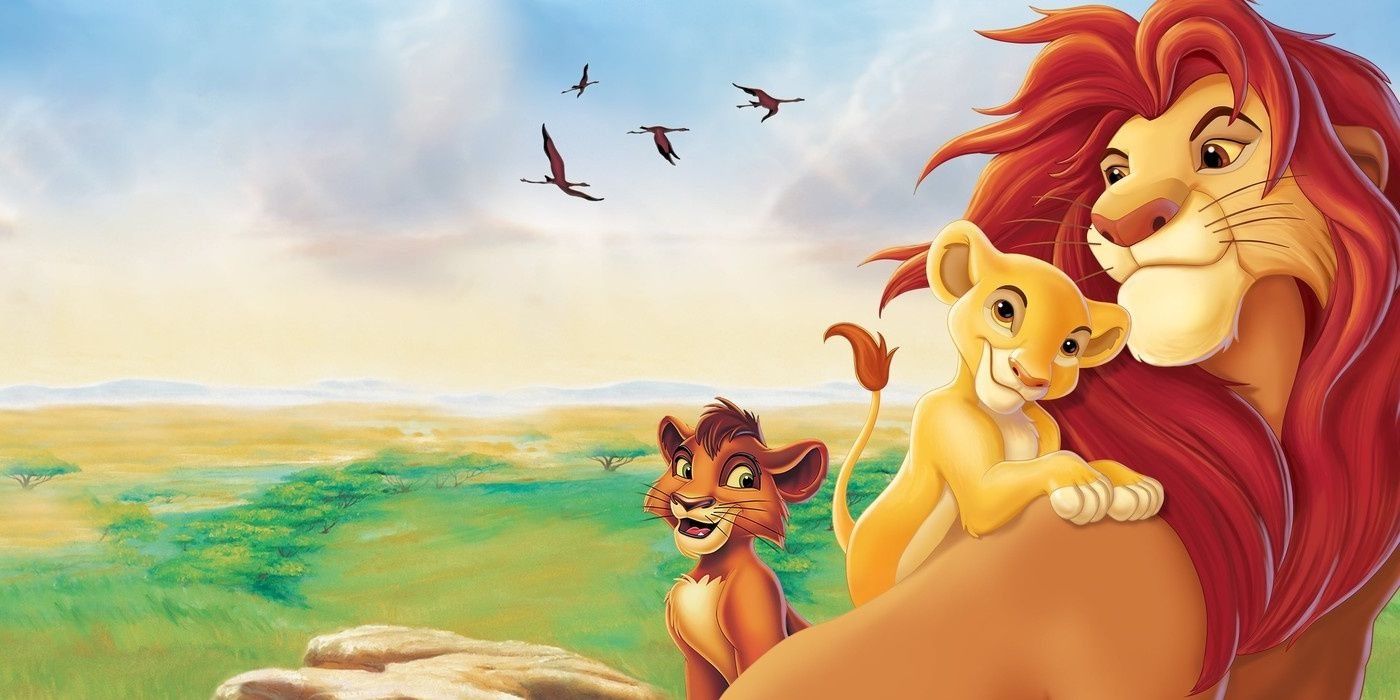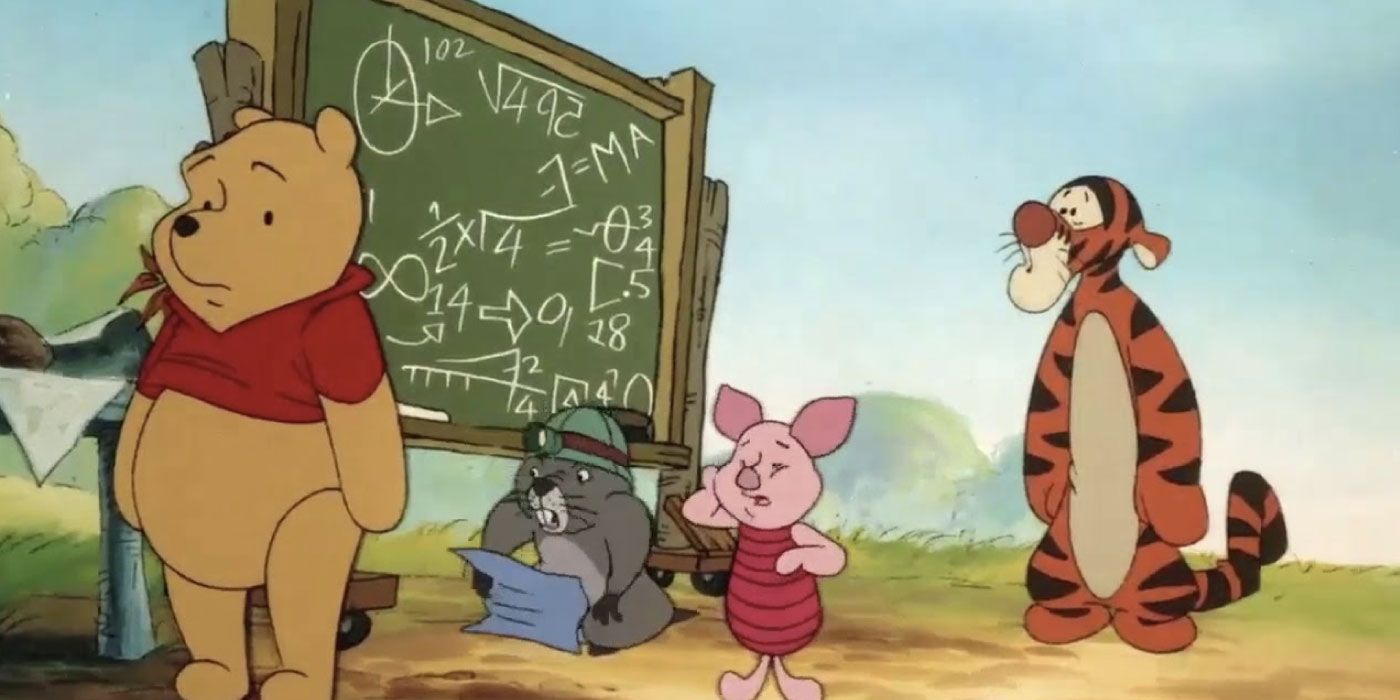The legacy of Walt Disney Animation is unfathomably huge, from its ground-breaking early pictures of the '30s and '40s, such as Snow White and Pinocchio, to its renaissance classics in the '90s, all the way to modern hits, such as Frozen and Encanto. Time and time again, the studio makes childhood-defining films that are essential for every new generation. However, there was a time when Disney made a studio that's main purpose was to make money -- and make money quickly.
In the early '90s, Disney was experiencing the full success of its renaissance animated films. The Little Mermaid brought Disney Animation back into the limelight, and Beauty and the Beast got nominated for Best Picture at the Academy Awards. However, it was the unique success of Aladdin that really laid the groundwork for Disneytoon Studios. Sure, Aladdin was a box-office hit and its songs were chart-toppers, but it was its release on home video that was a runaway success.
In its first three days of release, Aladdin sold 10.8 million units on VHS, becoming the fastest-selling VHS release of the time. Its home media gross was so high that within weeks, it almost trumped the film's own theatrical box-office results. Results like that don't go unnoticed. Aladdin was a hit in the cinemas, but its success at home was unprecedented. The studio initially conceived a television series with an hour-long pilot episode until producer Tad Stones suggested releasing the pilot on home video as its own feature. The film was produced and released as The Return of Jafar, and Disneytoon Studios was born.
Strictly speaking, The Return of Jafar was not Disneytoon's first venture into animated feature making. The studio had previously released DuckTales the Movie: Treasure of the Lost Lamp in 1990 under the name Disney MovieToons, and it was essentially a feature-length episode of the television show. The studio was initially created to make feature-length movies based on existing Disney TV shows, as is evident with DuckTales and A Goofy Movie. However, it was The Return of Jafar that set a new course for Disneytoon's legacy.
The Return of Jafar was produced on a budget of $5 million and grossed over $300 million in VHS sales. It was a monster success, and it showed Disney that there was a market for making cheap direct-to-video sequels to its animated classics. The films Disneytoon Studios made in the '90s and early 2000s had budgets that rarely went above $15 million, but they all frequently made over $100 million on home video grosses. It was a money-making machine.
Soon after the release of The Return of Jafar, Disneytoon followed with a third Aladdin film, sequels to Beauty and the Beast, The Little Mermaid, Lady and the Tramp, Cinderella and, unsurprisingly, The Lion King. These films do not have the same legacy as their original counterparts; they were made on the cheap to capitalize on audiences' fond memories of the originals and Disney's brand name. As such, none of the Disneytoon sequels are as critically well-regarded as the original films. However, these were never made for critics. These films made up a lot of childhoods for kids growing up in the '90s and 2000s, many children of this generation have equally fond memories of The Lion King II: Simba's Pride, as they do with the original.
To present a clear scale of the rate at which Disneytoon churned out movies; in the 84 years from Snow White and the Seven Dwarfs to Encanto, Walt Disney Animation Studios made 60 feature-length movies. In the 21 years from The Return of Jafar to Disneytoon's final film in 2015, the studio made 46. If Disneytoon carried on making films at the same rate for 84 years, they would have made 184 films. It is a staggering rate of production that the studio had, and it had no signs of slowing down in the 2000s.
This is where Disneytoon gets really bizarre and interesting. As well as continually making direct-to-video sequels to even more of their films, some of these sequels were lucky enough to get theatrical releases. The Jungle Book 2 and Return to Neverland were both released in cinemas. While neither were as successful at the box-office as their predecessors, they still made a decent amount of money owing to their relatively low direct-to-video budgets. The studio also diversified, making spinoffs to popular Disney properties such as Winnie the Pooh and Mickey Mouse. This resulted in simple but nostalgic classics such as The Tigger Movie, Piglet's Big Movie, Mickey's Twice Upon a Christmas, Pooh's Heffalump Movie and Mickey, Donald, Goofy: The Three Musketeers.
Disneytoon additionally made a world record with one of its films, though it was quite by accident. It produced and released Bambi II in 2006, 64 years after the original, thus creating the longest gap between an original film and its sequel. However, by the mid-2000s, the tides were turning for Disneytoon Studios. The last sequel it made was Cinderella III in 2007 and the last prequel was The Little Mermaid: Ariel's Beginning in 2008. With Walt Disney Animation Studios prepping for a new renaissance with The Princess and the Frog and Tangled, there was no longer a place or a need for Disneytoon.
Under Bob Iger's leadership Disney grew and grew, with its purchase of Pixar, Marvel and Lucasfilm, the studio was an unfathomable juggernaut. Whatever success the Disneytoon films could achieve was peanuts by comparison now. When Frozen grossed almost $1.3 billion worldwide, it became clear that future Disney sequels would be properly produced by Walt Disney Animation Studios and released theatrically. The last few films produced and released under Disneytoons were spinoffs based on Tinkerbell from Peter Pan and strangely Planes from Pixar's Cars. These films didn't leave much of a mark. Though a third Planes film was in development, the studio was quietly shut down in 2018. It's a sad end for a studio with such a curious legacy. But with Disney's current grip on the theatrical market and the streaming giant that Disney+ is turning out to be, it's clear that there is no place for Disneytoon anymore. It's a shame, though they were cheap cash grabs designed to capitalize on the growing home-video market, some of them weren't half-bad.





